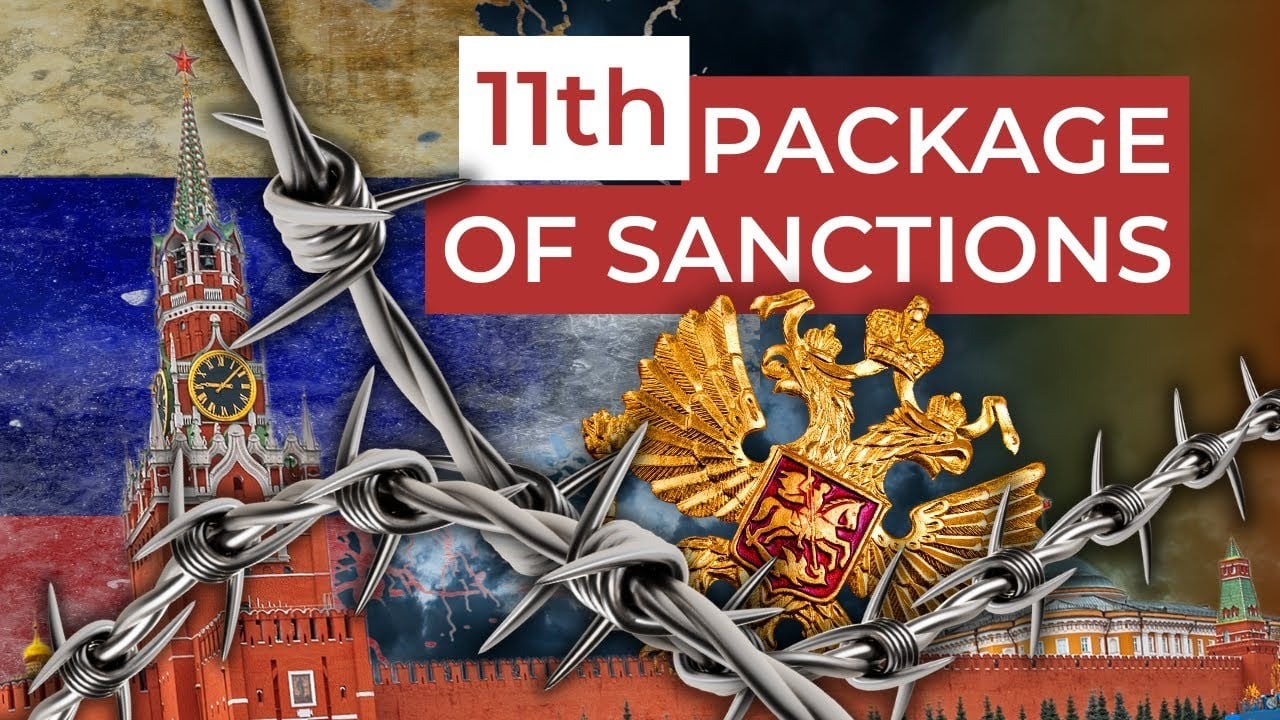 |
| 11th package of sanctions against Russia: Stumbled upon another 'rock', EU had to turn around? Revealing the fate of frozen Russian assets. (Source: YouTube) |
Belgium's RTBF television station reported that Greece and Hungary have officially moved to block the latest draft of the 11th package of sanctions against Russia, at a meeting of the EU's Permanent Representative Committee. Accordingly, Budapest and Athens set a condition for removing some of their companies from the list of entities that help Russia "circumvent" Western sanctions, before they agree to the new package of sanctions.
According to Politico 's European edition, the discussion on the latest package of sanctions against Russia has been postponed for a week until June 14. However, so far, the Permanent Representatives of European countries are still in the process of finalizing and resolving "sensitive" disagreements.
Will Europe do it its way ?
European Commission President Ursula von der Leyen and EU foreign policy chief Josep Borrell have repeatedly said that the 11th package of sanctions will focus on tightening sanctions enforcement mechanisms as part of a campaign to stop Russia’s attempts to circumvent the blockade. In an unprecedented move, the 11th package could also target third countries that are believed to be helping Moscow circumvent EU trade sanctions.
But so far, Hungary and Greece are not the only ones determined to block the 11th package of sanctions for their own reasons. Sources told Politico that at a meeting in Brussels, Germany and France voiced concerns that the blocking measures being discussed could damage diplomatic relations, specifically negatively impacting Berlin and Paris’s relations with Beijing and Ankara.
In late May, several European media and diplomatic sources reported that the initial draft of the EC sanctions had been rejected by EU member states and sent back for revision due to concerns that the measures would only isolate the EU internationally. In response to these concerns, the initial proposals put forward by the EC for the new sanctions package were revised.
The development comes as the EU’s Economic Security Doctrine is being developed. Europe fears it could be squeezed between two global powers as tensions between the US and China, which are also its two largest trading partners, continue to escalate.
The EU wants to stop reacting to decisions from Washington and Beijing and start acting on its own terms. Brussels hopes to achieve that through the EU’s first-ever Economic Security Doctrine.
According to observers, EC President Ursula von der Leyen will unveil the EU Economic Security Strategy on June 20 - the same time as the leaders of EU member states meet at the bloc's summit on June 29-30. It comes after last month's G7 meeting, in which the goal of "mitigating risks" from China was a major topic.
The EU is in an uncomfortable geopolitical position, at the center of escalating tensions between the world’s two largest economies. While Brussels is an ally of the United States, it wants to continue talking to — and trading with — China. But it also recognizes that Europe needs to mitigate its risks, especially after supply chain shocks during the Covid-19 pandemic and the conflict in Ukraine exposed the “high costs” of economic dependence on an authoritarian regime.
Will Russian assets be used to rebuild Ukraine?
In a development related to Russia-EU relations, citing data from the EC, the total value of Russian private assets frozen in the EU due to sanctions has reached 24.1 billion euros (about 25.9 billion USD), German newspaper Welt am Sonntag revealed at the end of May.
The German newspaper also reported that Russia's frozen private assets increased from 18.9 billion euros in December 2022 to 24.1 billion euros in May 2023. It added that some 1,473 individuals and 205 companies from Russia are currently under EU sanctions.
Since the start of the military campaign in Ukraine in February 2022, nearly half of Russia's foreign currency reserves have been hit by sanctions, amounting to around $300 billion – as part of a harsh Western sanctions campaign aimed at weakening Moscow.
The news comes after EC lawyers concluded that Russian Central Bank assets, which have been frozen by the West, must be returned to Moscow after the conflict in Ukraine ends, German newspaper Die Welt reported last month.
The newspaper cited an unpublished EC document, which stated that the assets of the Russian Central Bank "cannot be touched because, as it has always been, when the conflict ends, they will have to be returned to their owners - in this case, Russia." EC experts came to this "official conclusion", although they had previously disclosed other calculations and said that "there is political will, but the legal barriers are very high".
The European Council said earlier that it had raised requests from the EC on the possibility of using Russian assets to rebuild Ukraine.
However, as soon as the idea emerged, in October 2022, German Chancellor Olaf Scholz said that the West's use of frozen Russian assets to help rebuild Ukraine was a complex legal issue that would require the EU to overcome many legal hurdles before making a decision.
In a new report, Politico recently Jim O'Brien, head of the US State Department's Office of Sanctions Coordination, said that shipments of critical microchips and electronic components to Russia have returned to levels seen before the start of the Russia-Ukraine conflict. "Despite Western efforts to prevent Moscow from 'circumventing' sanctions, Russia is improving its ability to evade sanctions," Politico noted.
Source






















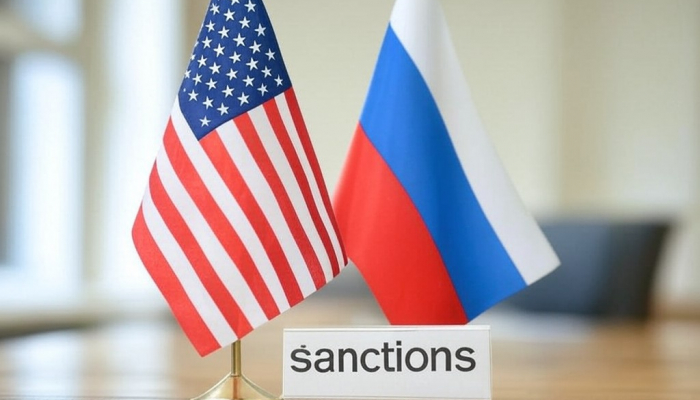

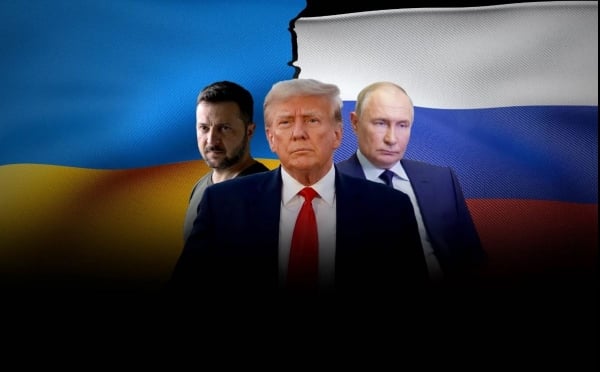
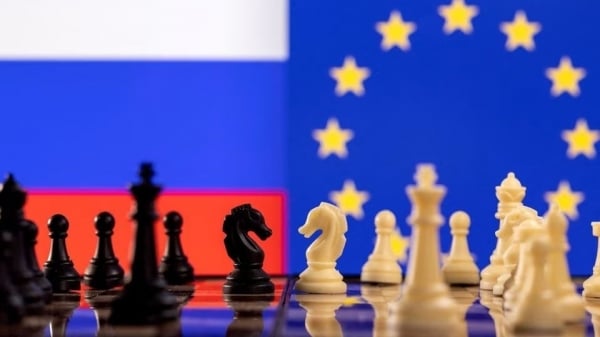
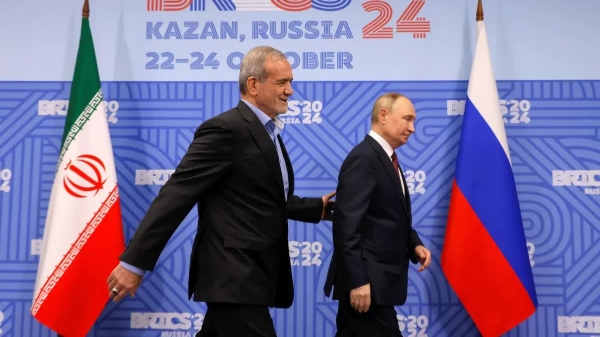
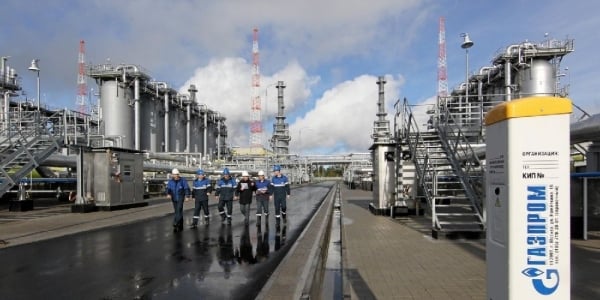
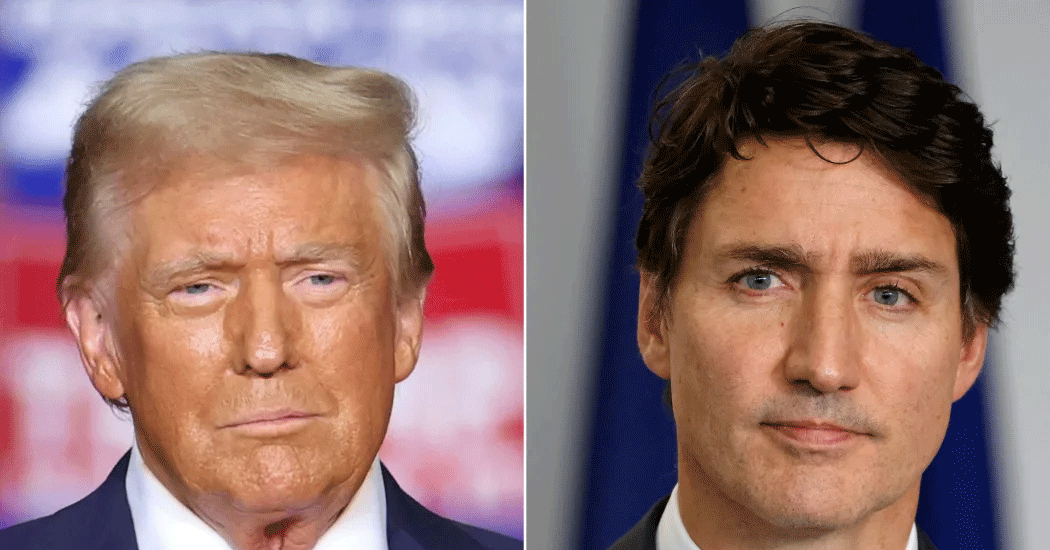













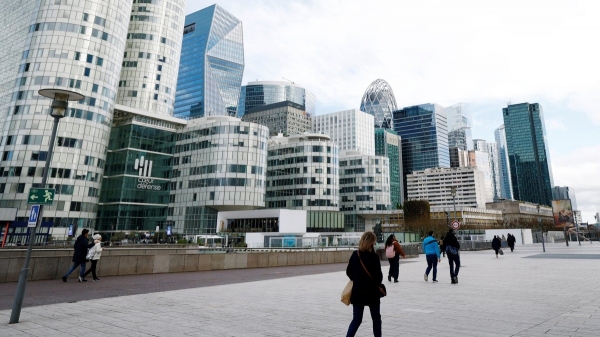














Comment (0)